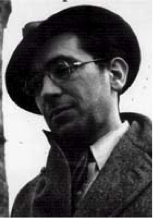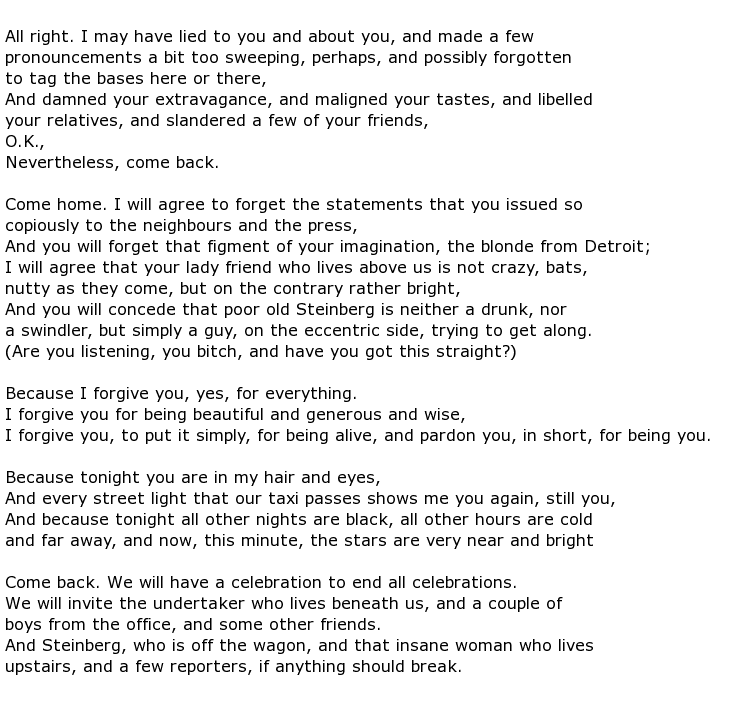 Kenneth Fearing was an American poet and novelist whose short life spanned the first half of the 20th century. This was a turbulent time in American history and one literary critic described Fearing as “the chief poet of the American Depression.” Along with his poetry and fiction publications he was one of the founders of the long running magazine “The Partisan Review” which started out life as an openly leftist publication but evolved into one attacking the policies of Stalin’s Russia in the 1930s. It was, reputedly, funded by the CIA during the Cold War period as the Agency sought to influence American thinking against Soviet idealism. Fearing has been described in some quarters as a “proletarian poet” with his work often portraying the raw side of life and, in fact, he wrote a number of soft-core pornographic novels under the pen name Kirk Wolff.
Kenneth Fearing was an American poet and novelist whose short life spanned the first half of the 20th century. This was a turbulent time in American history and one literary critic described Fearing as “the chief poet of the American Depression.” Along with his poetry and fiction publications he was one of the founders of the long running magazine “The Partisan Review” which started out life as an openly leftist publication but evolved into one attacking the policies of Stalin’s Russia in the 1930s. It was, reputedly, funded by the CIA during the Cold War period as the Agency sought to influence American thinking against Soviet idealism. Fearing has been described in some quarters as a “proletarian poet” with his work often portraying the raw side of life and, in fact, he wrote a number of soft-core pornographic novels under the pen name Kirk Wolff.
He was born in Oak Park, Illinois in July 1902 and spent his early years with an aunt, his parents having divorced when Kenneth was only a year old. He did well enough at school, editing his high school magazine which had previously been under the wing of the famous writer Ernest Hemmingway. He was a bright, intelligent boy and went on to study at the universities of Illinois and Wisconsin. After this he moved to New York and found himself working as a journalist and poetry writer on “The New Yorker” magazine.
He published a number of collections of poetry including Angel Arms in 1929 and Stranger at Coney Island and other poems in 1948. He also produced seven novels including the extremely successful crime thriller called The Big Clock in 1946 which generated a considerable income for Fearing. All the time he was writing he took an active interest in left wing politics and this led to him being subpoenaed by the government in 1950. At his hearing in Washington DC, the US Attorney asked him the direct question: “Are you a member of the Communist Party?” Fearing’s enigmatic answer was “Not yet…”.
Fearing certainly belonged to the so-called “hard-boiled” school of fiction writers, a style most associated with people like Raymond Chandler. He wrote about the edgy, often dangerous and seedy side of city life and this style spilled over into some of his poetry as well as his novels. A good example is the poem with the enigmatic title Love 20¢ The First Quarter Mile. It’s in some ways a poignant plea to an estranged partner or wife but written in an uncompromising, almost threatening style. It’s as if the writer is saying “you’d better get back here if you know what’s good for you”. It’s the language of the streets to some degree; an unsentimental but hard hitting piece of poetry and is reproduced below:

He married in 1933 but the marriage lasted only ten years, mainly due to his growing descent into alcoholism. Their only child, Bruce Fearing, also grew up to be a poet. Fearing did marry again, in 1945, but this was also short lived, ending in 1952.
Kenneth Fearing died on 26th June,1961 at Lenox Hill Hospital in Manhattan, having contracted a malignant melanoma. He was 58 years old.

